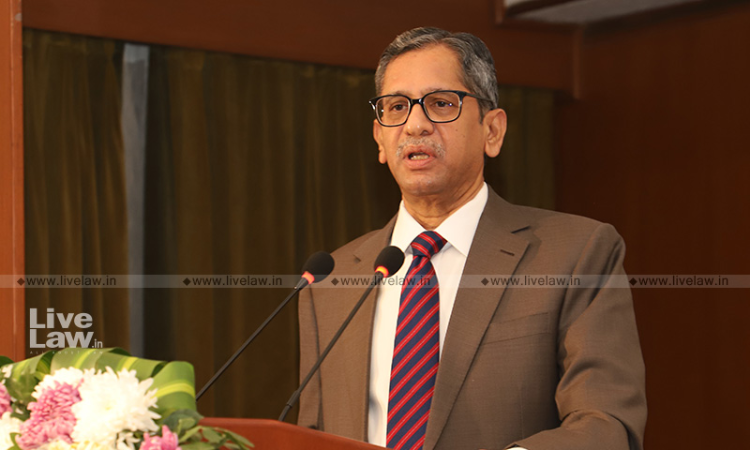On Tuesday, in his inaugural address delivered at the Annual Meet of Indo-German Chamber of Commerce on "Arbitration in a Globalised World - The Indian Experience" at Dortmund, Germany, the Chief Justice of India, N.V. Ramana highlighted the significance of balancing the geography of international arbitration, which is at present concentrated around places like Singapore, London, Paris...

